Are you ready to take your educational journey to the next level? Applying for a university scholarship can be a crucial step toward achieving your academic dreams. Crafting a compelling letter is essential to showcase your unique qualifications and ambitions. Join us as we explore effective letter templates and tips to help you create a standout scholarship application!

Personal Information
Personal information for a university scholarship application typically includes essential details that establish identity and eligibility for financial aid. Full name captures the applicant's identity, while date of birth indicates age and helps verify eligibility criteria. Address provides the current residence, important for tracking purposes. Contact number ensures easy communication between the applicant and the scholarship committee. Email address serves as a primary digital communication channel, while social security number (if required) is used for verifying citizenship status. Academic history, including the name of the current institution (e.g., Springfield University), major field of study, and GPA (Grade Point Average) plays a crucial role in assessing academic qualifications. Extracurricular activities or leadership roles contribute to understanding the applicant's community involvement and character, thus enhancing the overall application.
Academic Background
The academic background of a student can significantly influence their eligibility for scholarships and future educational opportunities. Notable achievements, such as a high Grade Point Average (GPA) above 3.5 on a 4.0 scale, demonstrate commitment to academic excellence. Advanced Placement (AP) or International Baccalaureate (IB) courses reflect rigorous coursework, particularly in subjects like Calculus or Chemistry, showcasing aptitude for higher-level studies. Participation in extracurricular activities, such as the National Honor Society or debate team, indicates leadership skills and a well-rounded character. Additionally, standardized test scores (e.g., SAT or ACT) can support the application, particularly when they exceed state averages. Understanding the significance of these elements can enhance a scholarship application, revealing a student's dedication to education and community involvement.
Scholarship Reason
Pursuing higher education at a distinguished institution like Harvard University entails significant financial investment, making scholarships essential for many students. Scholarships enable students to focus on academic growth and extracurricular involvement rather than financial strain. For instance, the Harvard College Financial Aid Program assists students from diverse backgrounds by covering demonstrated financial need, allowing access to world-class resources, faculty, and research opportunities. Scholarships also foster a competitive academic environment, encouraging diversity and innovation within the student body. Financial support from scholarships encourages students to pursue degrees in fields critical to societal advancement, such as engineering, sciences, and humanities, ultimately contributing to economic growth and community development.
Personal Achievements
Personal achievements significantly shape an individual's character and future pursuits, highlighting their dedication and resilience. For example, completing a marathon (26.2 miles) showcases not only physical endurance but also mental determination, often taking months of training, personal sacrifice, and goal-setting. Academic excellence, such as earning a GPA of 4.0 while balancing part-time work, underscores time management skills and commitment to educational pursuits. Volunteering over 100 hours at local community centers illustrates a commitment to social responsibility and leadership, fostering connections with diverse groups. Awards, such as "Student of the Year" at Lincoln High School, reflect recognition by peers and faculty, emphasizing contributions to community and school environment. These achievements collectively represent a foundation for future endeavors and a commitment to personal growth.
Future Goals
Future goals encompass aspirations for both personal and professional development in an academic setting. Aiming for a degree in Biomedical Engineering, specifically at institutions like Stanford University or MIT, plays a crucial role in addressing healthcare challenges. This field's rapid advancements in technology, evident in innovations like 3D-printed prosthetics, inspire a commitment to contribute to medical solutions. Plans to engage in research initiatives focused on regenerative medicine further highlight dedication to improving patient outcomes. Additionally, envisioning collaboration with organizations such as Doctors Without Borders emphasizes a desire to deliver healthcare in under-served regions, demonstrating a holistic approach to using education for global impact. The ultimate goal involves not only personal achievement but also fostering positive change in communities worldwide.

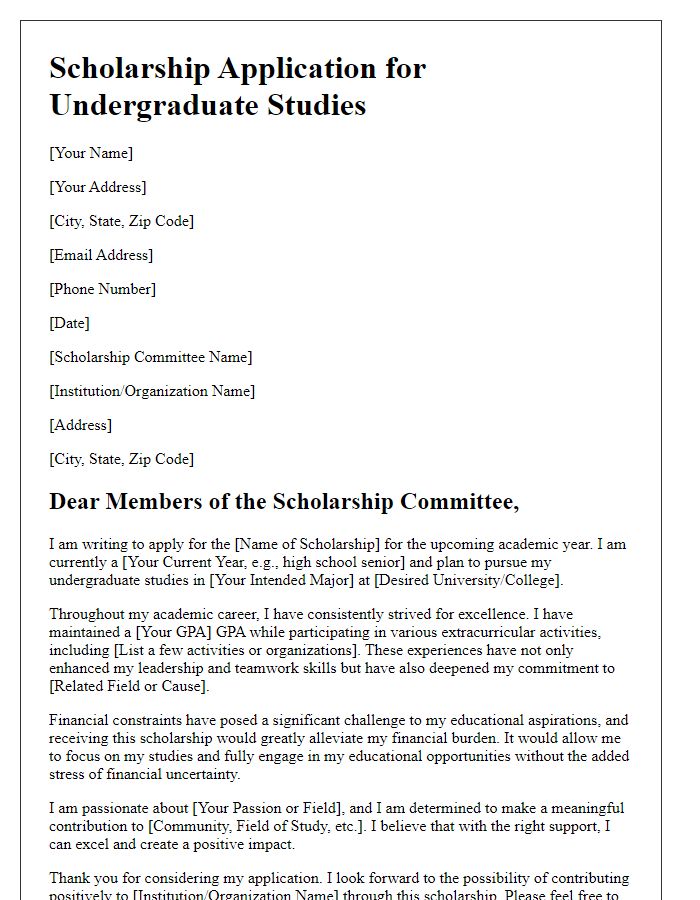
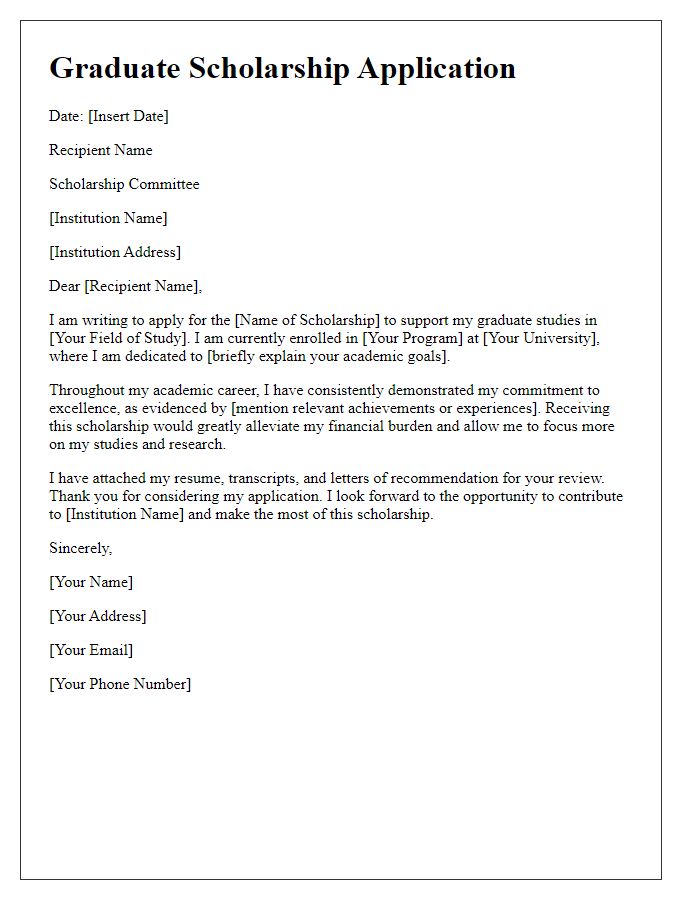
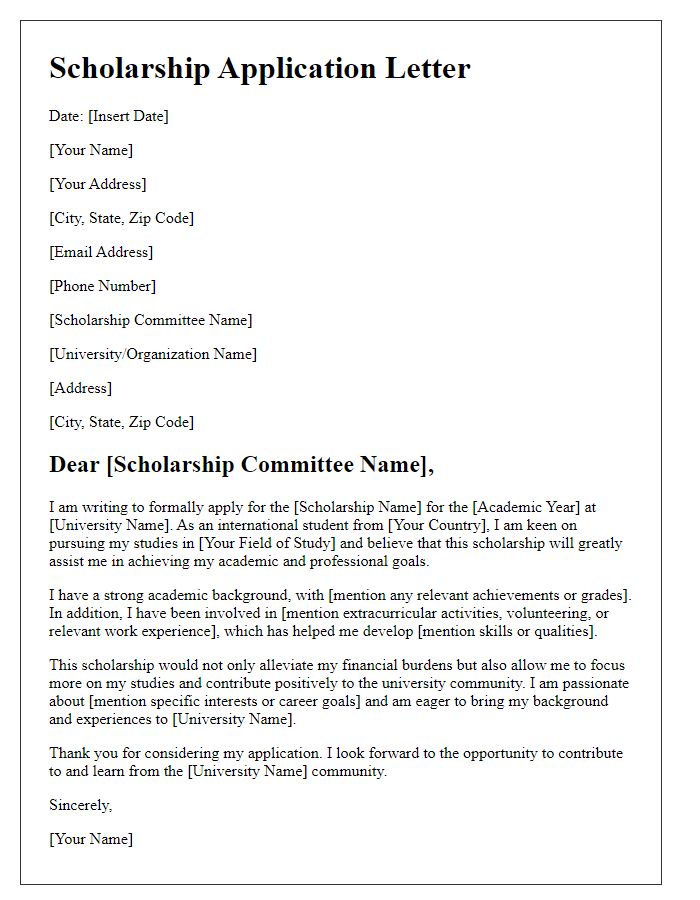
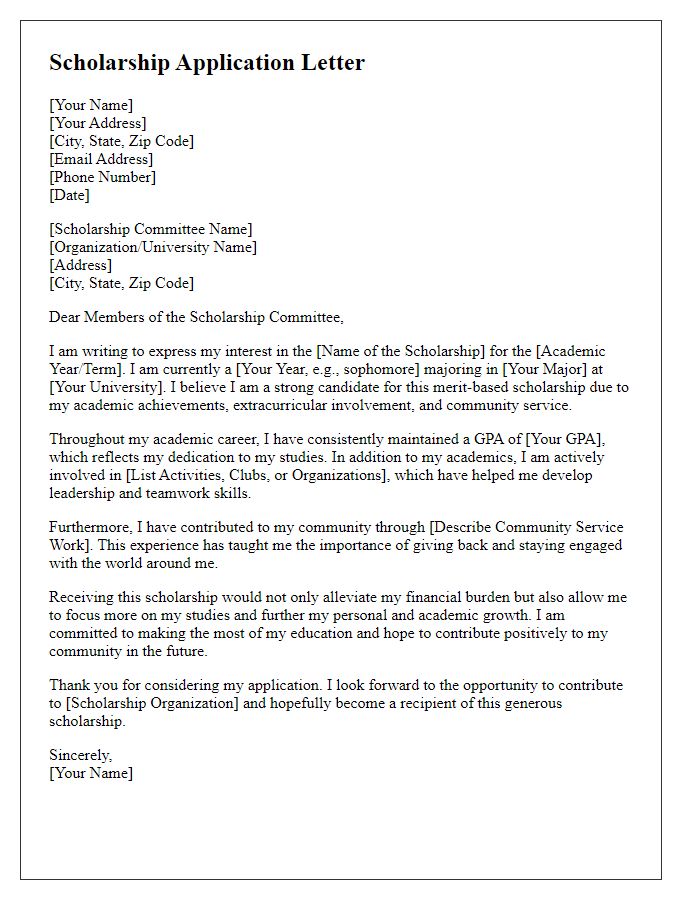
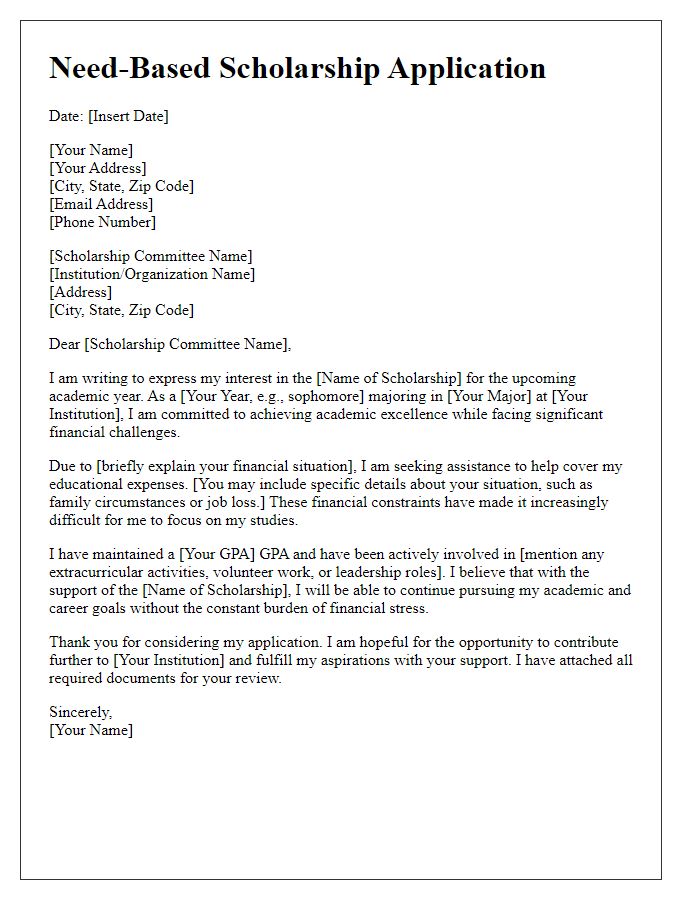
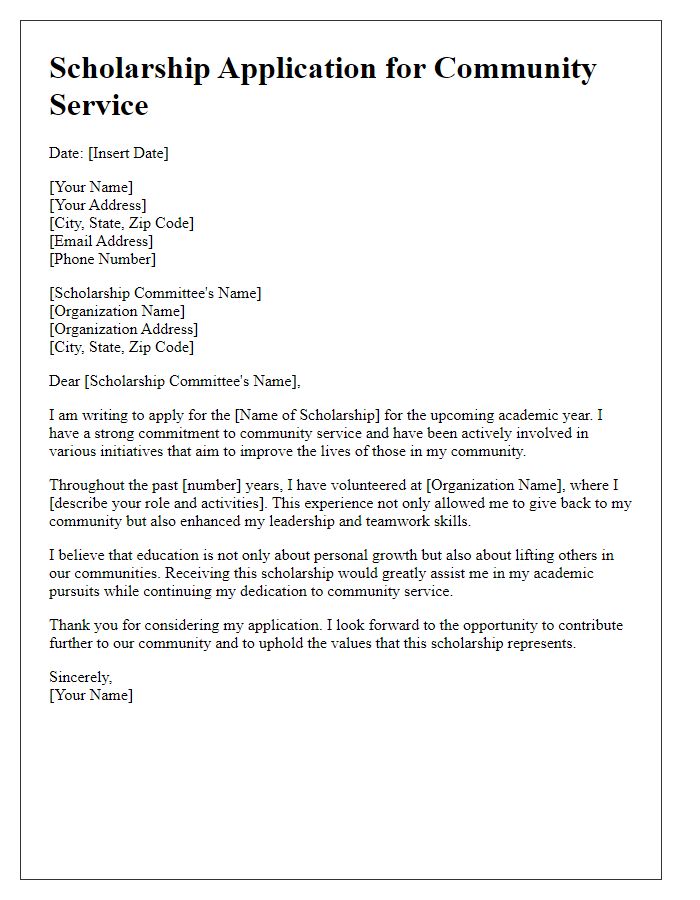

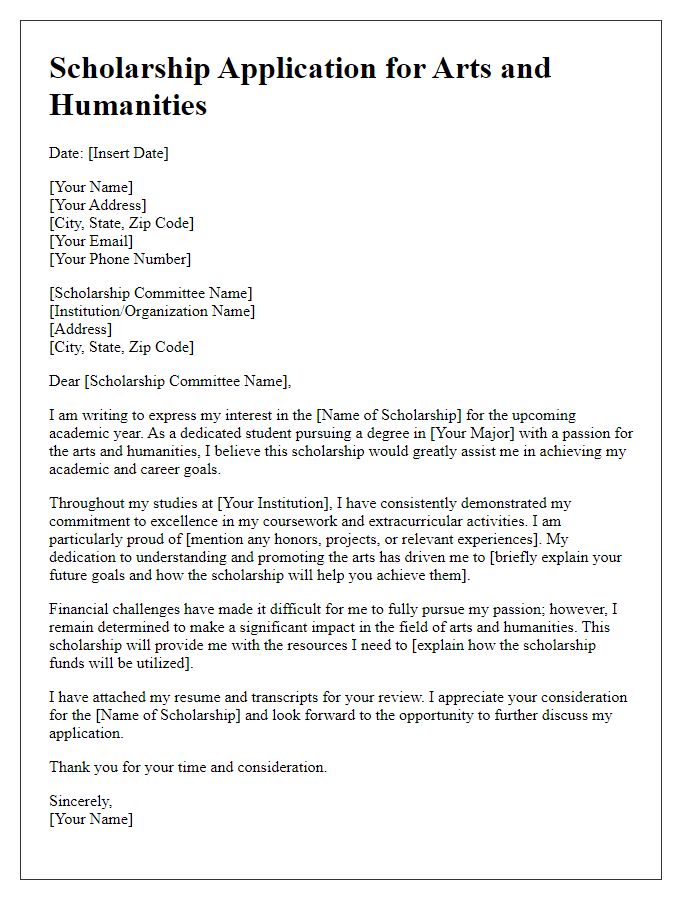
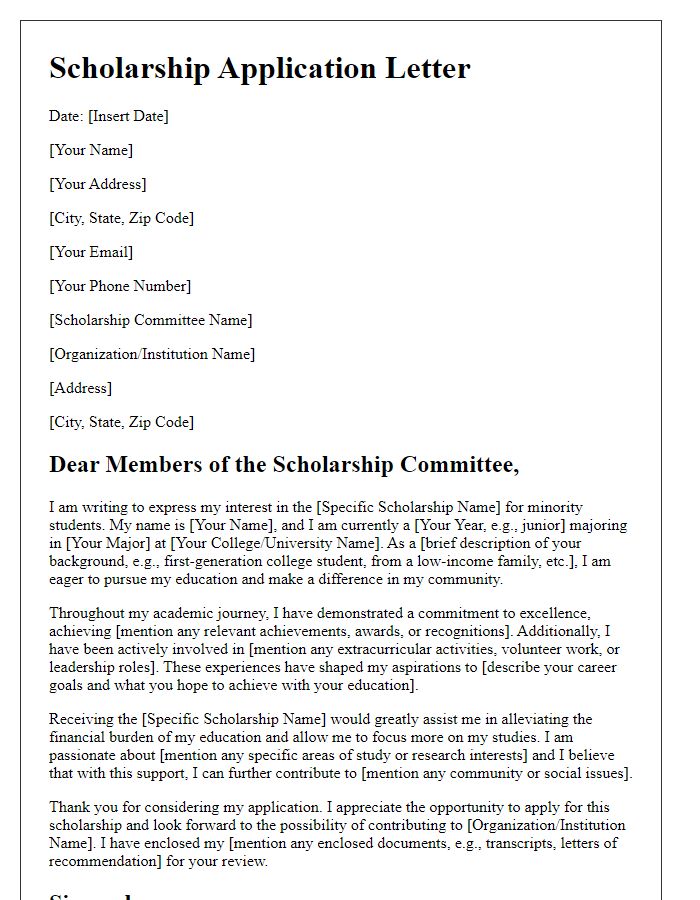
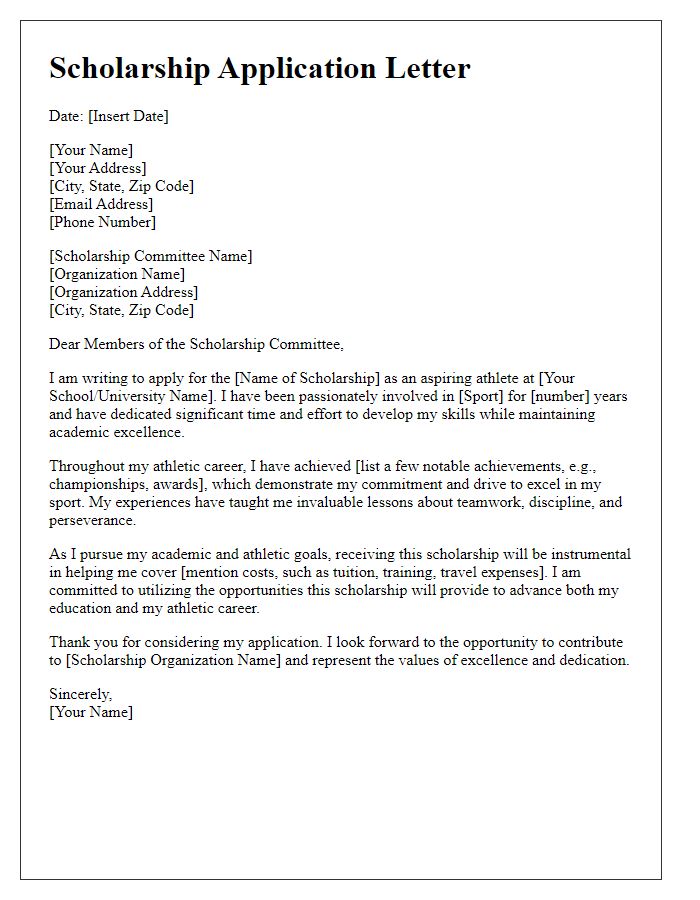


Comments